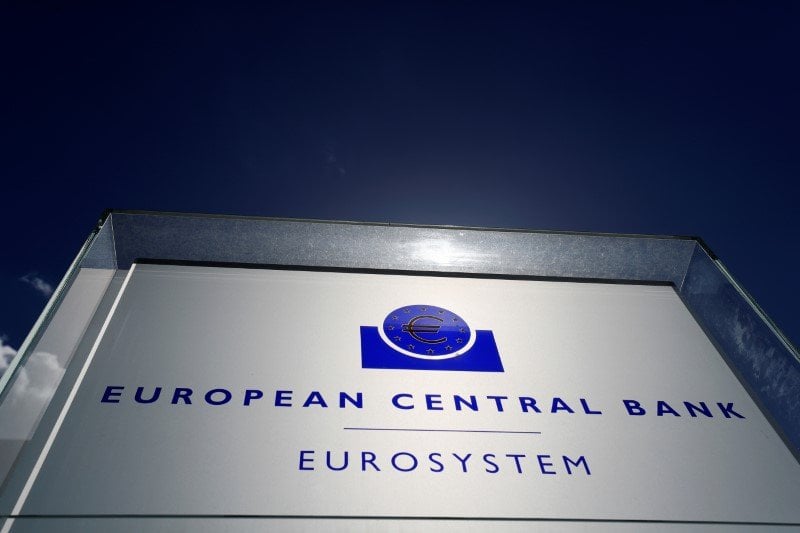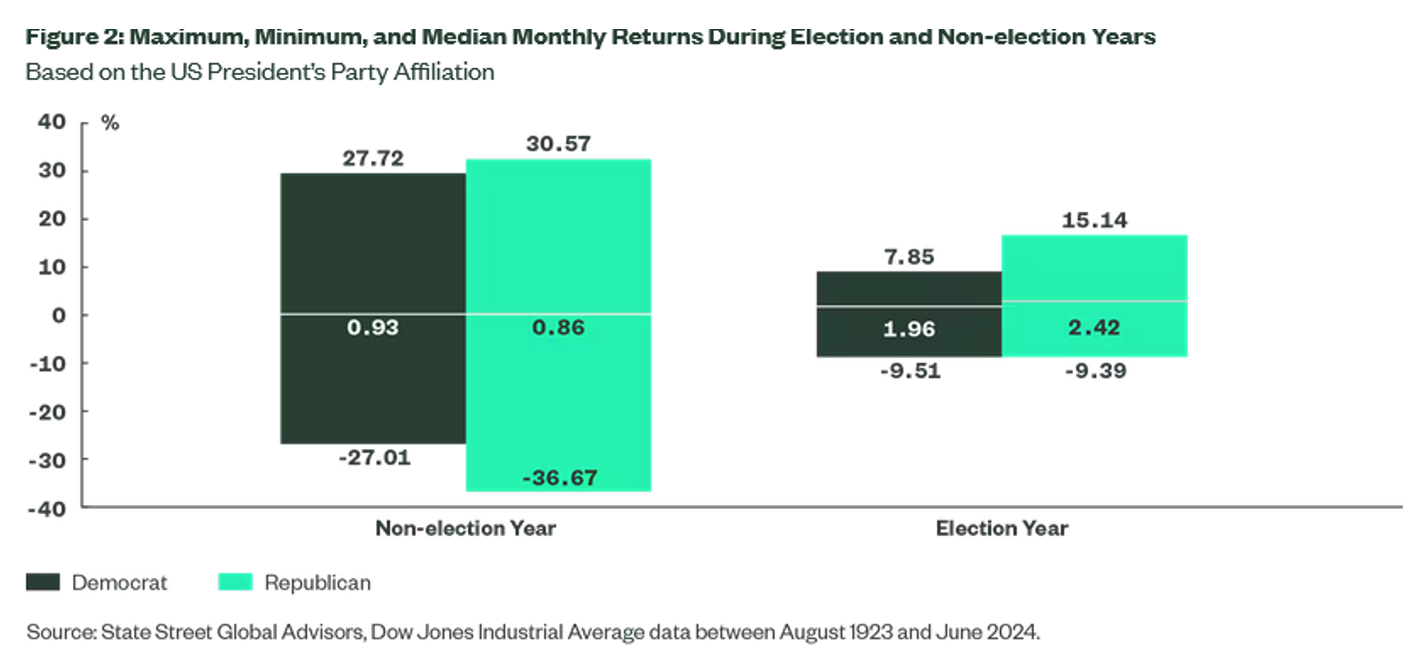ECB Launches Task Force To Streamline Banking Regulation

Table of Contents
The Rationale Behind the ECB's Task Force
The ECB's decision to establish this task force stems from the undeniable challenges posed by the current regulatory complexity. The sheer volume of rules and regulations imposed on banks has led to exorbitant compliance costs, diverting resources away from core banking activities such as lending and innovation. This excessive regulatory burden directly impacts the competitiveness of European banks on the global stage, placing them at a disadvantage compared to their counterparts in regions with less stringent regulations. The negative consequences extend beyond individual banks, affecting economic growth as reduced lending stifles investment and economic activity. The primary goal is to create a more efficient and less burdensome regulatory framework that fosters innovation, promotes lending, and ultimately strengthens the financial stability of the Eurozone.
- Reduced compliance costs for banks: Streamlining regulations will free up significant resources currently dedicated to navigating complex rules.
- Increased efficiency in banking operations: Simplified regulations allow banks to focus on core business functions, improving operational efficiency.
- Improved lending to businesses and consumers: Reduced administrative burdens will facilitate easier and faster access to credit for businesses and individuals.
- Enhanced competitiveness of European banks globally: A less burdensome regulatory environment will level the playing field for European banks competing internationally.
- Promotion of financial innovation: A more streamlined regulatory framework encourages experimentation and innovation within the financial sector.
Key Objectives of the Streamlined Banking Regulation
The task force's mandate encompasses several key objectives aimed at creating a more effective and efficient regulatory system. Central to this effort is the principle of proportionality—tailoring regulations to the size and risk profile of individual banks. This means smaller banks won't face the same level of regulatory scrutiny as larger, systemically important institutions. Furthermore, the initiative focuses on simplification, aiming to clarify ambiguous rules and eliminate redundancies. The task force also recognizes the transformative impact of digitalization on the financial sector and seeks to adapt regulations to this evolving landscape. Finally, improving supervisory convergence across different EU countries is crucial to ensure a consistent and harmonized approach to banking supervision.
- Reducing overlapping regulations: Identifying and eliminating duplicative rules will significantly reduce the regulatory burden.
- Clarifying ambiguous rules: Providing clear and unambiguous guidance will reduce uncertainty and improve compliance.
- Improving the use of technology in supervision: Leveraging technological advancements will make supervision more efficient and effective.
- Harmonizing supervisory practices across the EU: Creating a unified approach to supervision will ensure a level playing field for all banks.
- Strengthening risk management frameworks: Ensuring robust risk management practices remain a priority, even with simplified regulations.
Expected Impacts of the Streamlined Regulations on European Banks
The anticipated effects of streamlined banking regulations are largely positive. Banks can expect to see increased profitability due to lower compliance costs, allowing them to reinvest in core business activities and boost lending. Improved capital ratios, resulting from reduced operational risks, will enhance their resilience to economic shocks and instill greater confidence amongst investors. The overall effect will be a healthier and more robust banking sector within the Eurozone.
- Lower operational costs: Reduced compliance burdens directly translate into lower operational expenses for banks.
- Greater focus on core business activities: Banks can dedicate more resources to lending, innovation, and customer service.
- Attraction of new investments: A more efficient and stable banking sector will attract greater investment.
- Strengthened financial stability within the Eurozone: A healthier banking sector contributes to the overall stability of the Eurozone economy.
- Facilitated access to credit for businesses and individuals: Increased lending capacity will support economic growth and job creation.
Challenges and Potential Obstacles
While the benefits of streamlined banking regulation are significant, the implementation process is likely to face challenges. Political hurdles may arise from differing national interests within the EU. Harmonizing regulations across diverse jurisdictions presents significant complexities. Lobbying efforts from various stakeholders could also influence the final outcome, potentially hindering the intended simplification. Finally, there's always the risk of unintended consequences, requiring careful monitoring and adaptation of the new framework.
Conclusion
The ECB's initiative to streamline banking regulation represents a crucial step towards creating a more efficient and competitive financial sector within the Eurozone. The task force's objectives—proportionality, simplification, digitalization, and supervisory convergence—are designed to address the current regulatory burden and unlock significant economic benefits. While challenges exist, the potential positive impacts on European banks, including increased profitability, improved resilience, and enhanced investor confidence, are substantial. Follow the developments in the ECB's initiative to streamline banking regulation to understand how these changes will shape the future of European banking. Stay updated on the changes to banking regulation within the Eurozone and its impact on the broader economy. [Link to relevant ECB resources, if available]

Featured Posts
-
 Getting Professional Help For Hair And Tattoos Lessons From Ariana Grandes Transformation
Apr 27, 2025
Getting Professional Help For Hair And Tattoos Lessons From Ariana Grandes Transformation
Apr 27, 2025 -
 Bundestag Elections And Their Economic Ripple Effects On The Dax
Apr 27, 2025
Bundestag Elections And Their Economic Ripple Effects On The Dax
Apr 27, 2025 -
 Bencic Triumphant Abu Dhabi Open Win
Apr 27, 2025
Bencic Triumphant Abu Dhabi Open Win
Apr 27, 2025 -
 Us China Trade War Bill Ackmans Time Based Analysis
Apr 27, 2025
Us China Trade War Bill Ackmans Time Based Analysis
Apr 27, 2025 -
 Dubai Wta 1000 Caida De Paolini Y Pegula
Apr 27, 2025
Dubai Wta 1000 Caida De Paolini Y Pegula
Apr 27, 2025
